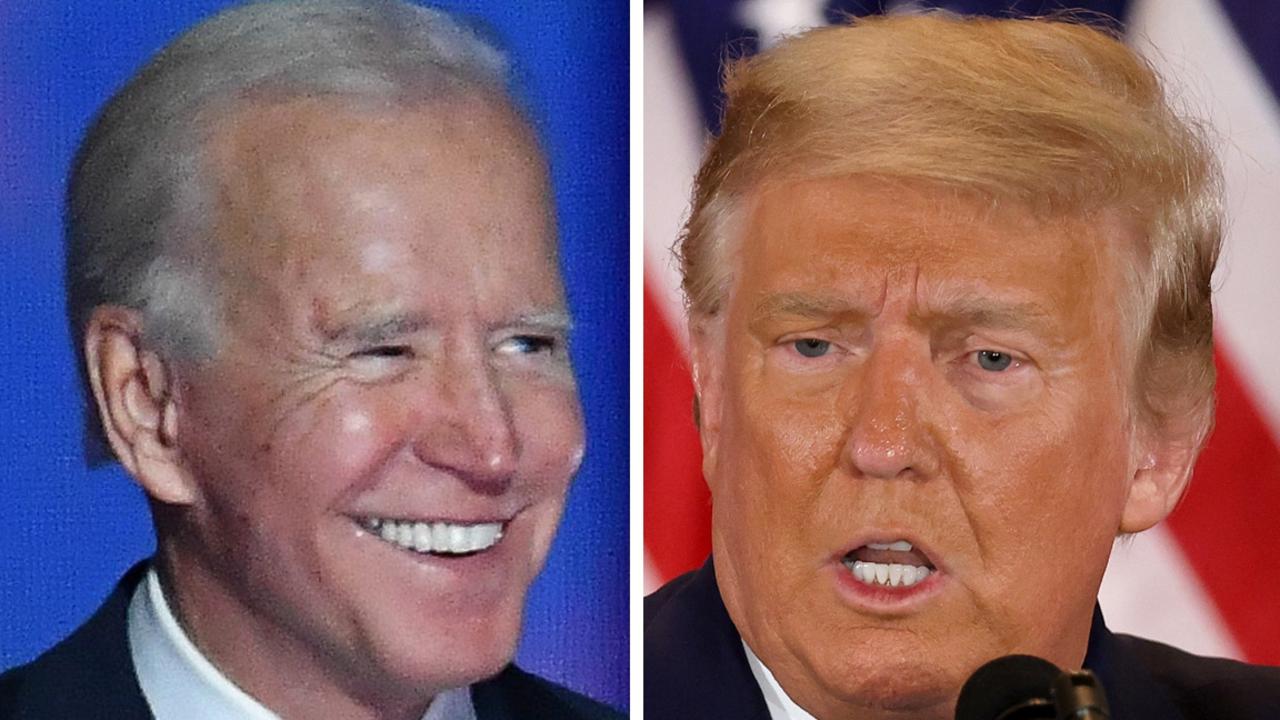Photo of Curioso | Unsplash
In North America and the US in particular, the hunt for lithium, a key component of batteries used in electric vehicles (EVs), has historically lagged behind several other countries. This includes Australia, which mines more “white gold” than all other countries combined, and China, a leader in both lithium refining and lithium-ion battery production.
But with the White House announcing in October that it is committing nearly $3 billion to boost domestic production of electric vehicle batteries and the minerals used to make them, it may be time for investors to take notice.
In an Oct. 19 press release, the Biden administration said it was awarding $2.8 billion in grants to 20 U.S. companies to “expand domestic production of batteries for electric vehicles and the electric grid.” The lion’s share of the investment — part of a bipartisan $1.2 trillion infrastructure bill signed into law in November 2021 — will go to three companies that mine key minerals, including lithium.
More than $114 million allocated to Talon Metals Corp. (TLOF), which will use the grant to support the construction of a mineral battery recycling plant in North Dakota. In January of this year, the Minnesota-based company entered into an agreement with Tesla (TSLA) to supply 75,000 metric tons of nickel concentrate from its Tamarack nickel project in Minnesota.
Piedmont Lithium Ltd. (PLLL), one of our favorite industry plays, picked up $141.7 million. The North Carolina-based company says the investment will go toward building a new lithium project in Tennessee that aims to supply up to 30,000 metric tons of lithium hydroxide per year.
Albemarle Corporation is also located in North Carolina (ALB) is the recipient of a $150 million grant. The company says it will help support the construction of a new lithium concentrator at Kings Mountain in North Carolina. Albemarle hopes to eventually have the capacity to produce up to “100,000 metric tons of battery-grade lithium per year to support domestic production of up to 1.6 million electric vehicles per year,” according to a company press release.
For context, the entire global lithium industry produced 100,000 tons in 2021, according to the US Geological Survey.
Shares of all three companies surged on the news last week, with Talon Metals up more than 16%, Albemarle up 13% and Piedmont Lithium up a whopping 22%.
Weaning the US from Chinese lithium products
As a testament to just how game-changing this investment can be, the U.S. has been largely absent from the global lithium game until now, with production limited to a single brine project in Nevada. Besides Australia and China, other major suppliers include Chile and Argentina, while Zimbabwe, Brazil and Portugal are gaining ground.
This poses a national security concern, especially if the US is to meet the administration’s goal of electric vehicles accounting for half of all new passenger car sales by 2030. Lithium is literally poised to become the “new gasoline.”
When it comes to batteries, Asia is the world leader in production, with just 10 companies providing 92% of global supply. About two-fifths of all batteries are produced by one Chinese company, Contemporary Amperex Technology Co. Limited or CATL. Earlier this year, CATL unveiled its EVOGO system, which allows Chinese electric car drivers to replace their batteries at special stations in a fraction of the time it takes to charge them. The company now has plans to expand into international markets.
Spurred by rising global demand, lithium carbonate prices have exploded around the world. But in China, where the yuan has fallen to near-record lows against the dollar, a ton of the material now costs more than half a million yuan, or about $75,000. That’s a 13-fold increase in just two years.
This means that Chinese inflation is exported along with the physical batteries that CATL and its peers supply to Tesla, Ford (F) and other US automakers. The transfer of integrated production to the States will not only strengthen national security, but also stabilize prices. It may also provide investors with better investment options in more favorable jurisdictions.
Tesla confirms plans to recycle its own lithium
During Tesla’s earnings call last Wednesday, CEO Elon Musk commented on lithium prices, calling them “insanely expensive.” He also confirmed that the company is moving forward with plans to build its own lithium hydroxide refinery with storage batteries near Corpus Christi, Texas, just three hours south of Tesla’s headquarters in Austin.
I’ve often said that corporate investment and innovation must be the main driving force behind finding solutions to lower emissions, and I hope Musk can deliver on that.
While Tesla’s third-quarter vehicle shipments came in below expectations, largely due to logistics and shipping, Musk expressed confidence in an “epic end to the year.” He also shocked listeners by saying he believed Tesla’s market capitalization would one day eclipse the combined market capitalization of Apple and Saudi Aramco, the world’s two most valuable companies. As I write this, Tesla is valued at about $661 billion, while Apple and Saudi Aramco are valued at $4.5 trillion. No one has ever accused Musk of lacking ambition.
Stock price data is provided by IEX Cloud with a 15-minute delay. Chart price data is provided by TradingView with a 15-minute delay.
This article is first published on Source link









